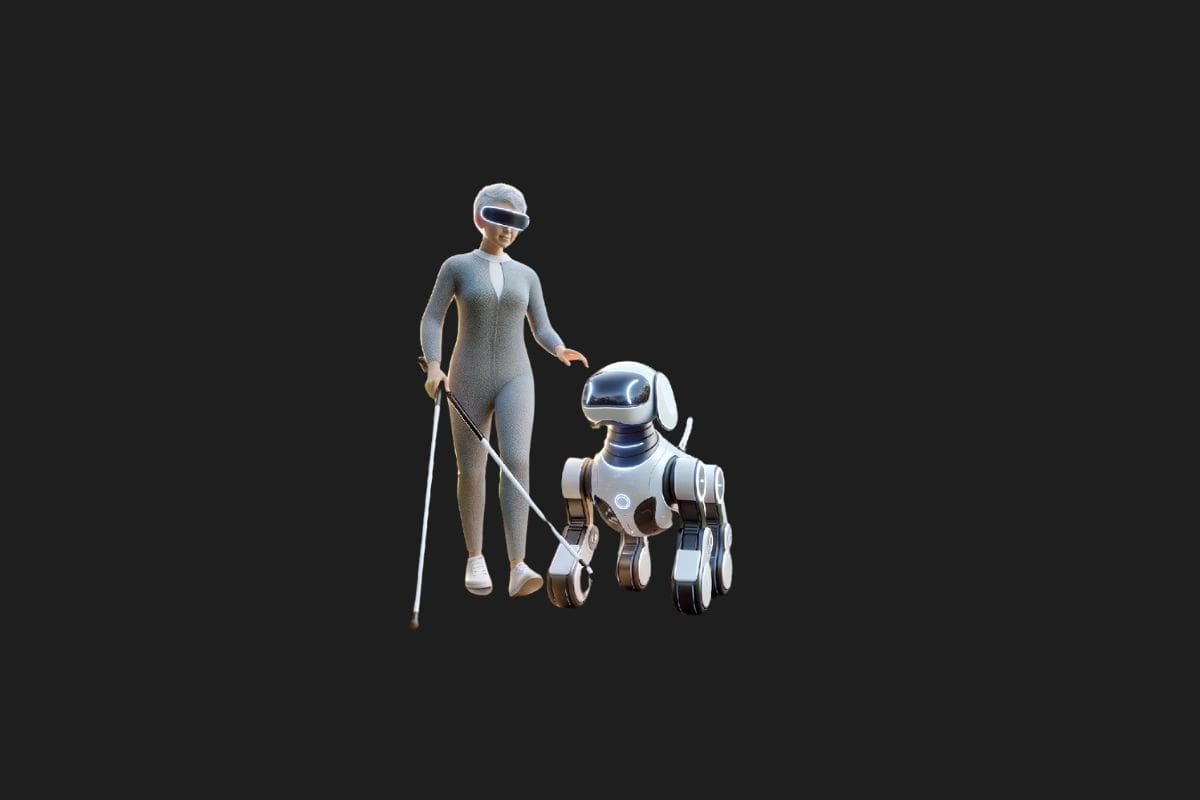Researchers at a university in China have developed a robot guide dog for visually impaired individuals, supported by artificial intelligence (AI).
In recent years, technology has significantly evolved, leading to advancements in the field of AI. This technology, which is actively used in nearly every aspect of our lives, has made substantial contributions, especially in the health sector.
There has been another major development: AI is now assisting visually impaired people. China has developed a robot guide dog. What are the features of this robot? Here’s everything you need to know.
What are the characteristics of the robot guide dog developed in China?
Millions of visually impaired individuals worldwide rely on their senses, such as hearing, touch, taste, and smell, to navigate their environments. However, this can sometimes prove insufficient. While trained guide dogs are a solution, acquiring one may not always be feasible. The development of a robot guide dog in China aims to provide support for the visually impaired.
Researchers at Northwestern Polytechnical University in Xi’an, Shaanxi province, China, have developed an AI-powered robot guide dog, targeting to assist over 17 million visually impaired individuals within the country.
This robot dog, currently in the preliminary stages of its development, promises to significantly ease the daily challenges faced by visually impaired people. According to reports, the robot can understand commands, engage in conversation, and navigate various settings, including streets, alleys, and indoor environments.
The research team believes this robot offers more suitable assistance for the visually impaired than a conventional dog by ensuring safer navigation, thereby enhancing the individual’s quality of life.
Although still in the initial phase, the diligent efforts of the research team are poised to potentially enhance the lives of millions of visually impaired individuals. Further developments are expected in the upcoming months.
What are your thoughts on this advancement? How significantly do you think AI-supported robot guide dogs could impact the lives of visually impaired people? Feel free to share your opinions in the Comments section below.
